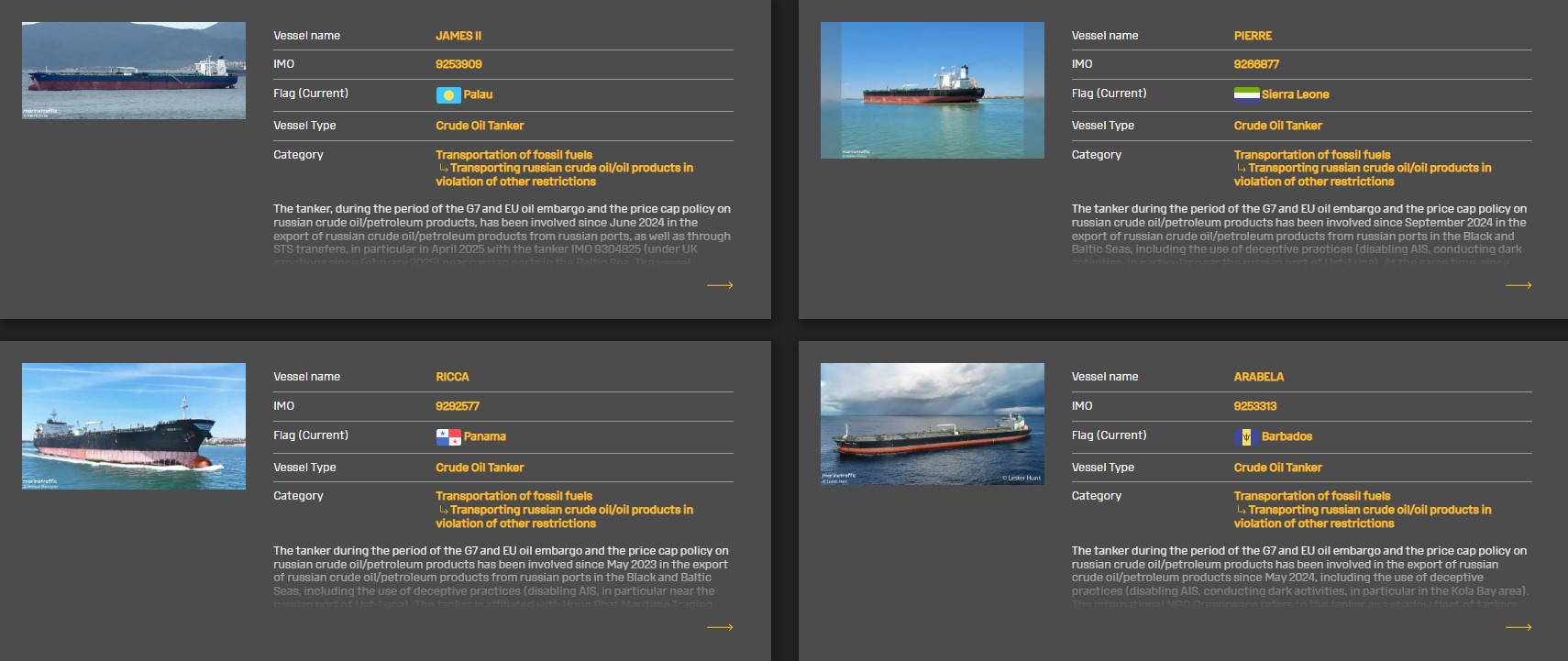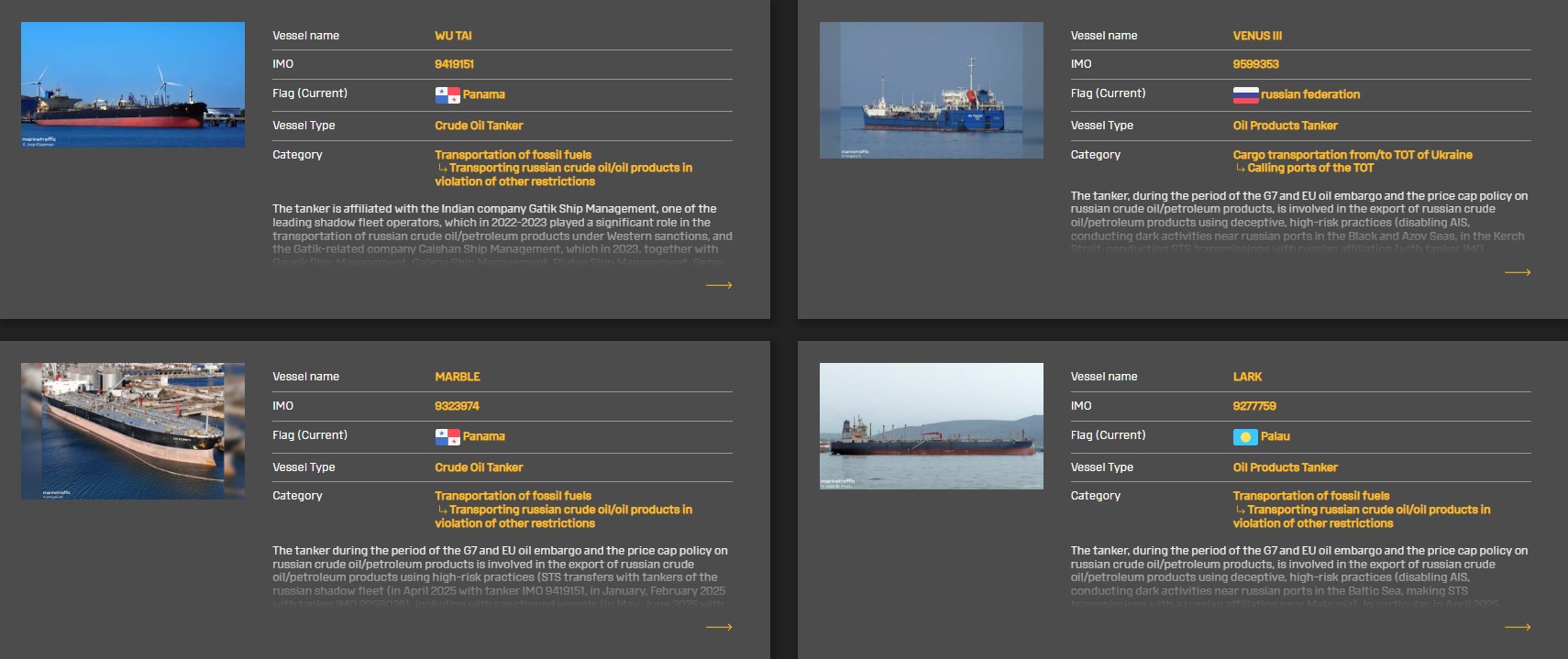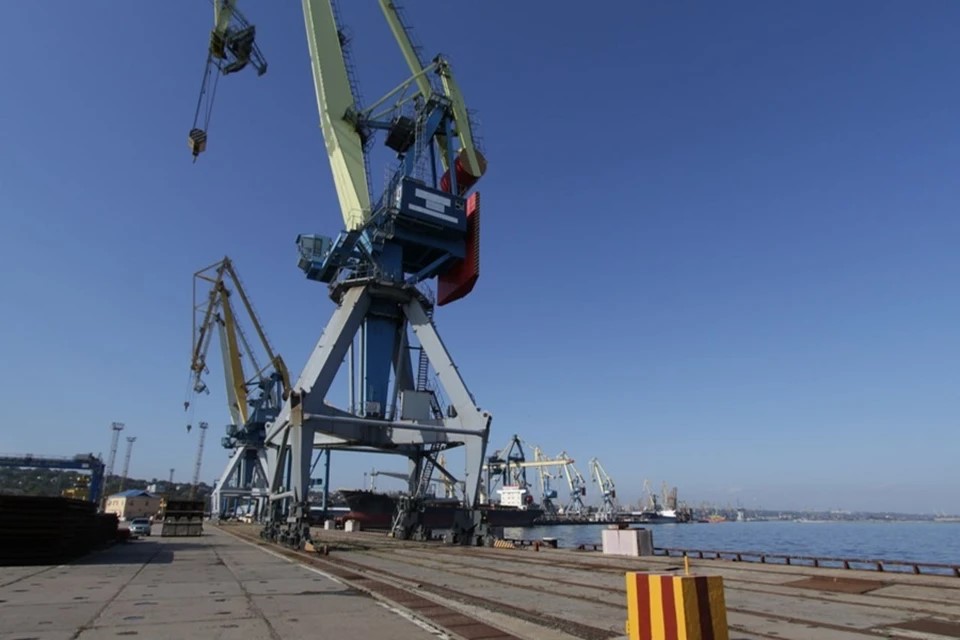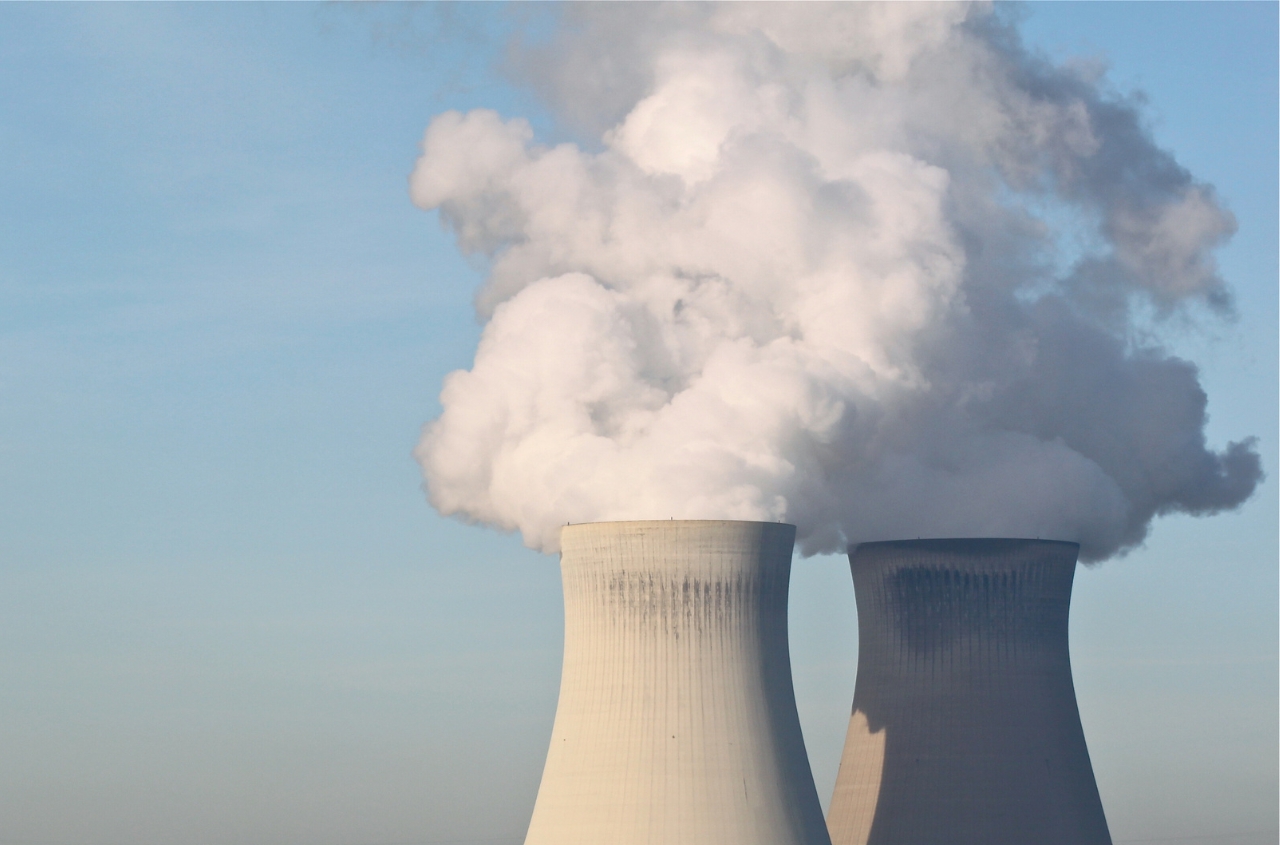An Aframax-type tanker without Western insurance has been conducting illegal ship-to-ship oil transfers in open waters since July 2024. These operations are taking place near the coasts of Greece and Cyprus.
This was reported by the Main Intelligence Directorate of Ukraine’s Ministry of Defense on Telegram.
“Such operations pose an environmental threat, allow the aggressor to conceal the origin of the oil, bypass international oversight, and enable supplies to third countries in violation of sanctions,” the statement reads.
On the War&Sanctions platform, Main Intelligence Directorate is publishing data about the vessel with IMO number 9247443, which Russia is using as a floating transfer hub for the supply of sanctioned oil.


In addition, the Main Intelligence Directorate is releasing data on 159 oil tankers, most of which belong to Russia’s so-called “shadow fleet,” as well as information on 55 captains operating in this fleet.
Overall, the War&Sanctions database contains data on 577 such oil tankers. The total deadweight of the identified vessels exceeds 63 million metric tons.
As Main Intelligence Directorate notes, in the fourth year of the full-scale invasion, oil and gas exports remain a key source of revenue for Russia’s state budget. It is estimated that one-third of this income in 2025 will be used to finance the war against Ukraine.
The “shadow fleet” engages in high-risk maritime logistics practices, including switching off automatic identification systems, spoofing navigation data, nighttime oil transfers without lights, flying flags of convenience, and registering with shell companies, the statement says.
"Beyond sanctions evasion, the “shadow fleet” is also used by Russia as a tool of hybrid warfare. There have been documented cases of such vessels engaging in intelligence gathering and sabotage missions, particularly in the Baltic Sea, where they monitor naval infrastructure, undersea cables, and other critical facilities," according to Intelligence Agency.



















